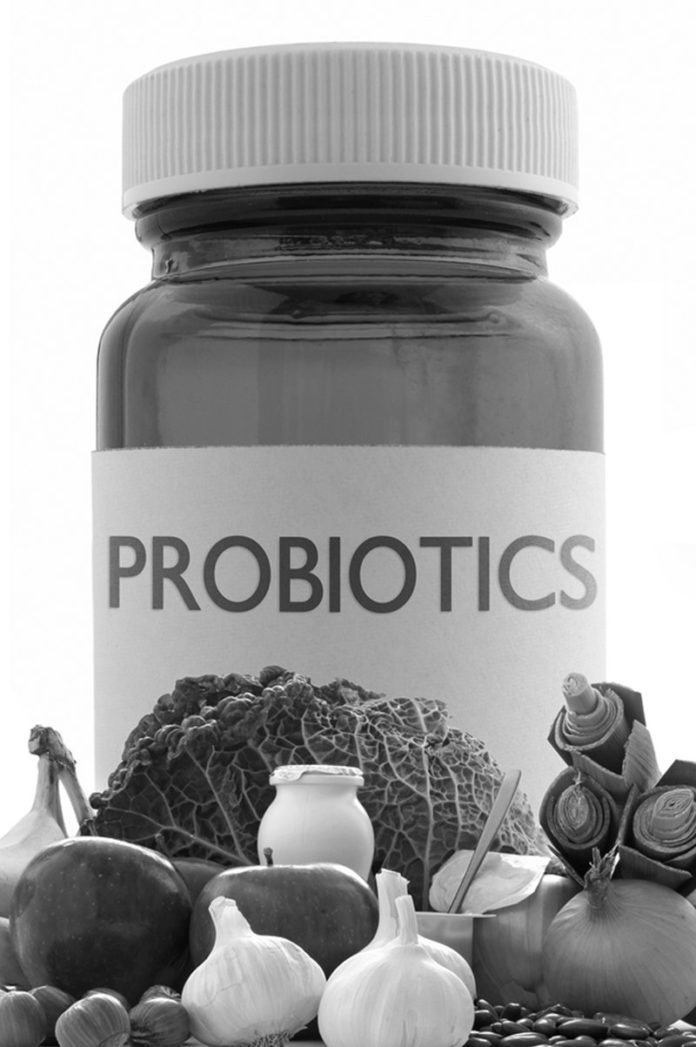Your cat’s gastrointestinal tract, like yours, is home to billions of bacteria. A healthy GI tract allows the absorption of food, while excluding toxins and disease-producing organisms. Yet malfunctions can sometimes occur. Perhaps your cat slipped outside and ingested a mouse or bird containing parasites that can cause vomiting and diarrhea.
Given the growing interest in probiotics — live bacteria primarily intended for digestive health — you might wonder if these tiny organisms can help your cat. Probiotics now account for 20 percent of annual sales in the $541 million pet supplement market, sharing the No. 2 spot with hairball products. (Omega fatty acid supplements are No. 1.)
Research Continues.
Studies on probotics’ efficacy are ongoing. Accurately labeled probiotic supplements have been shown to boost the population of resident beneficial bacteria while lowering the number of disease-causing bacteria. A peer-reviewed Nestle Purina study on GI bacteria in kittens and puppies found probiotics to be effective in regulating the immune system.
However, nutritionist Joseph Wakshlag, DVM, Ph.D., associate professor at Cornell University College of Veterinary Medicine, issues a caution about probiotic products: “Anyone can take some bacteria, package it and put it up for sale, so quality control is lacking.”
The FDA’s Center for Veterinary Medicine doesn’t regulate supplements like probiotics as it does pharmaceuticals, so the consumer doesn’t know if bacteria in their supplements are alive or dead, says Dr. Wakshlag, president-elect of the American College of Veterinary Nutrition. “This is an important distinction because live bacteria can stimulate the immune system to release more antibodies, as well as improve the GI flora [bacteria]. Dead bacteria may stimulate the immune system but will not change the gut flora.”
As part of its effort to improve animal supplements, the National Animal Supplement Council, an industry group, initiated a certification program for members meeting quality standards.
Standardization has been a problem in the industry. A 2009 study at Ontario Veterinary College found that only two out of 25 probiotics were labeled properly and had the “good bacteria” that they claimed to contain. “That’s how haphazard these products can be,” Dr. Wakshlag says. “There are also no clinical trials or efficacy trials required for these products. But as long as the product labels are not making any outrageous claims, the manufacturers are free to sell their product — and pet owners are free to buy it.”
In some cases, consumers might not know the number of bacteria in each capsule or even if they’re an appropriate type. “For example, the products could contain other bacterial strains than the one that they are selling which is usually a good bacteria like Lactobacillus,” says Dr. Wakshlag.
On the other hand, while he hasn’t heard of any miraculous recoveries, Dr. Wakshlag says, “I have heard that probiotics have helped in some cases. Pet owners try probiotics when gastrointestinal problems surface in their cat. They may be looking to get a handle on their pet’s diarrhea and/or vomiting. The cat’s gut bacteria may be out of balance, and they are seeking to re-establish the ‘good’ bacteria and return their pet to regularity.”
Dr. Wakshlag recommends probiotics for mild GI problems. “They are another tool in the veterinary toolbox. Perhaps they are more like a chisel than a hammer, but they are a tool nonetheless.”




